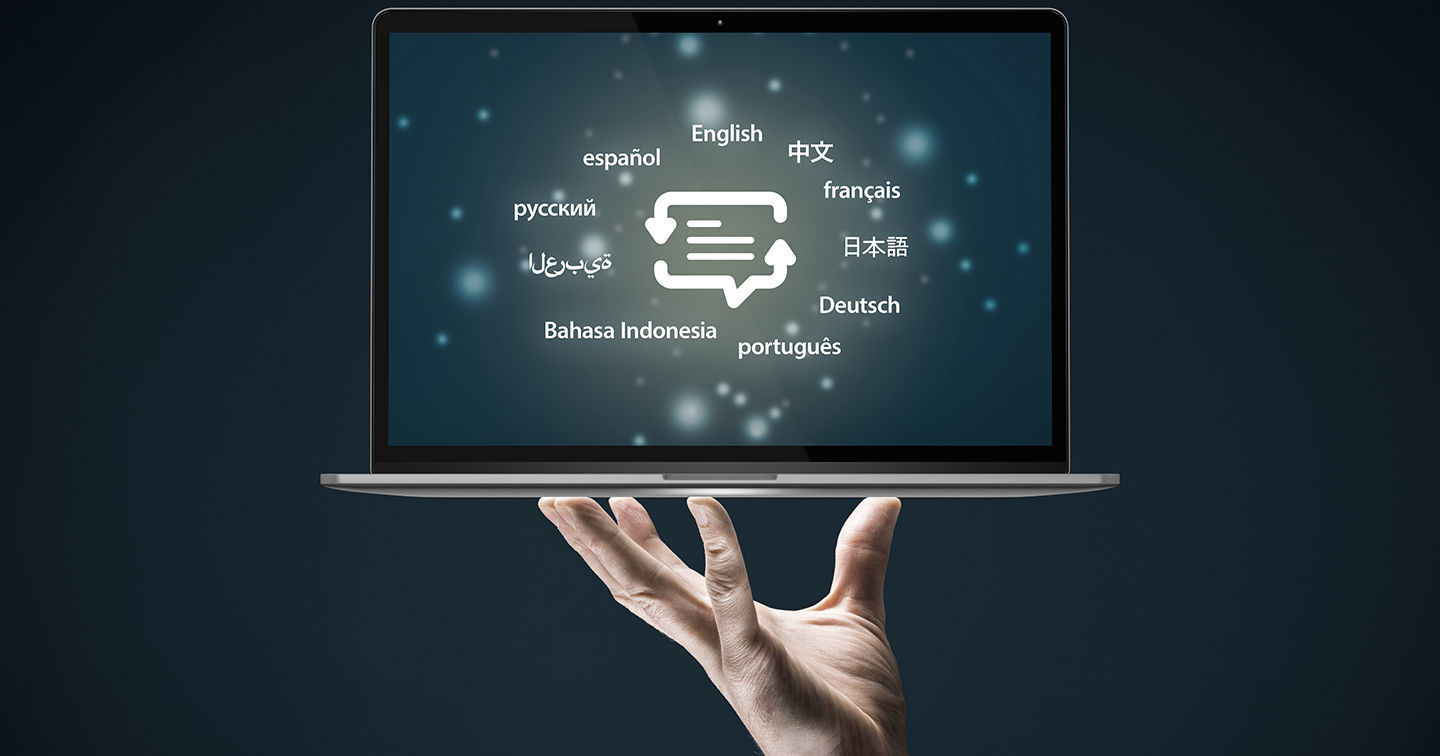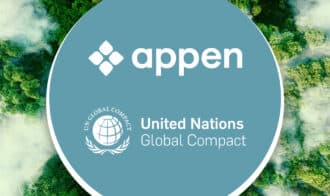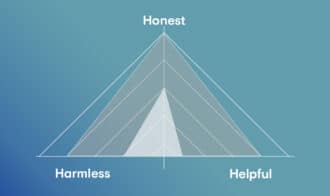
Globalization
The first part of GILT is globalization. Globalization is any activity that brings together people or economies from different countries. If you’re working to bring your business to a new international market and get your product introduced to people in a different country, you’re working on globalization.Internationalization
As part of moving into new markets with different customers, your product or service needs to be adaptable. Internationalization is the concept of creating services and products that are easily adapted to new markets. Many companies bring in subject matter experts to help them adapt their products for a new market. You might see internationalization abbreviated as i18n for short. A good example of internationalization is assembly instructions. Companies that write instructions for assembling or using their products will use images to reduce the amount of text that must be translated for each new market. They also try to write instructions to be culturally neutral so when they’re translated, they need as little editing as possible.Localization
While internationalization is about creating culturally neutral, easily adaptable products, localization is the actual process of adapting those products. Localization takes an internationalized product and adapts it to a specific market. Localization requires understanding and considering all of the cultural factors of the words that a company uses to describe or explain its product or service to customers. One aspect of localization is translation.Translation
Translation is just what you think it is. It’s taking text in one language and converting it to another language. How localization differs from translation is that localization adapts the product or message to resonate with the new market. Translation is much more literal, exchanging a word in one language for the same word in another language.Example of GILT in Action
Let’s break down an example of GILT in action. Appen, along with Translators Without Borders, and a number of other organizations, used the principles of GILT to take the TICO-19 project global, promote language equality, and to help everyone fight COVID-19.- Globalization: Appen worked with other companies, educational institutions, and Translators Without Borders, to gather and translate critical information about COVID-19 into other languages.
- Internationalization: The members of the TICO-19 project are working together to develop efficient, scalable language technology so critical information can be translated into under-resourced languages.
- Localization: Translators will focus on creating dictionaries with key terms and phrases about COVID-19 so that information is globally accessible and more equitable. The datasets, machine translation engines, and translation memories will be publicly available via TICO-19’s GitHub and TWB’s website.
- Translation: The TICO-19 team is translating critical COVID-19 information and data into 37 languages, including Dari, Dinka, Hausa, Luganda, Pashto, and Zulu.
Why GILT and Translation Services are Important for Your Business
GILT is all about speaking the same language as the customer you’re trying to reach. And, that goes deeper than just translating your advertisements into Spanish to target the South American market. Language is incredibly regionalized, meaning one word might be used for a beverage in one part of a country and a completely different word in a different part of the country. Even in the U.S., we can see these small regionalizations and colloquialisms. Depending on where you are in the U.S. you might call a sugary, fizzy beverage soda, pop, soda pop, or Coke. A simple translation just won’t cut it when you’re trying to sell your product to customers in a new market. When you personalize your message to the customer you’re speaking to, you can expect to convert more customers, bring in more interest, and have a higher ROI. If you’re starting to see a lot of dollar signs in your head when thinking of the human capital necessary to make a GILT a reality for your company, there are options to make it more cost-effective. By outsourcing your GILT tasks and making use of modern AI and machine learning technology, you can scale to new markets quickly and efficiently. We have a suite of tools that can help you with translation and localization. We have over 25 years of project management, language expertise, and commitment to quality for translation and localization so that we can help you take your company global.How Appen Can Help
At Appen, we have a number of tools and resources that can help you to globalize your company through translation and localization. Our team of translation specialists and professional linguists can:- Work with your team to create a well-thought-out, structured foundation for your project and tailored quality plan to deliver the right kind of data
- Provide tooling and scripting expertise to improve quality and reduce timelines
- Predict, diagnose, and overcome project challenges
- Communicate carefully to understand and relay your unique objectives
- Take on day-to-day project management and personnel functions











